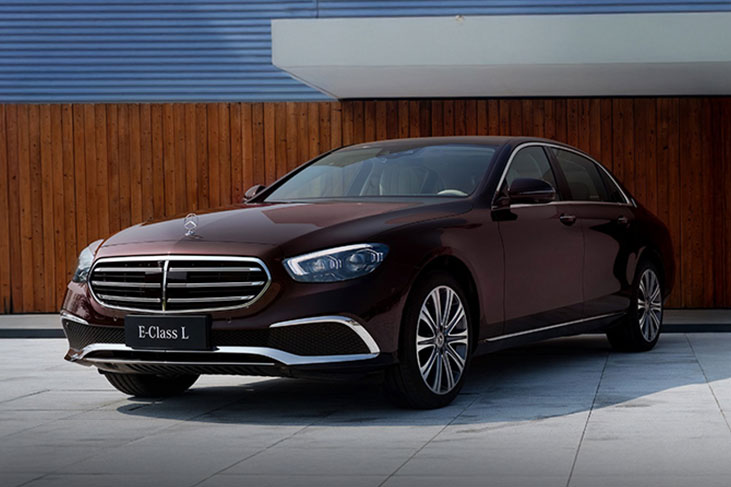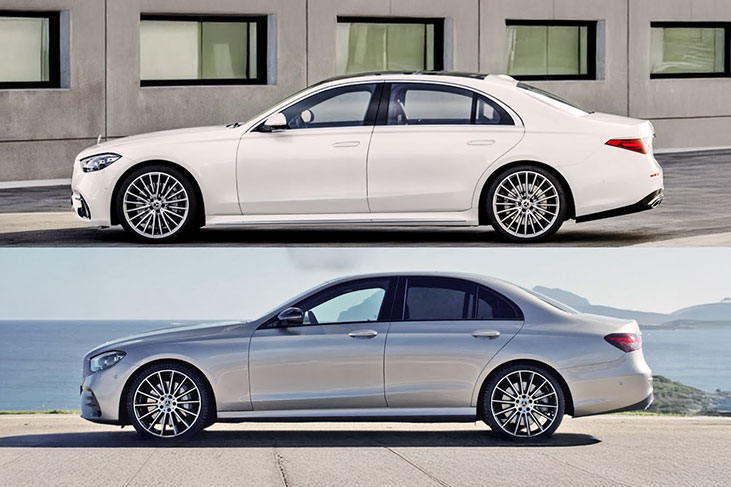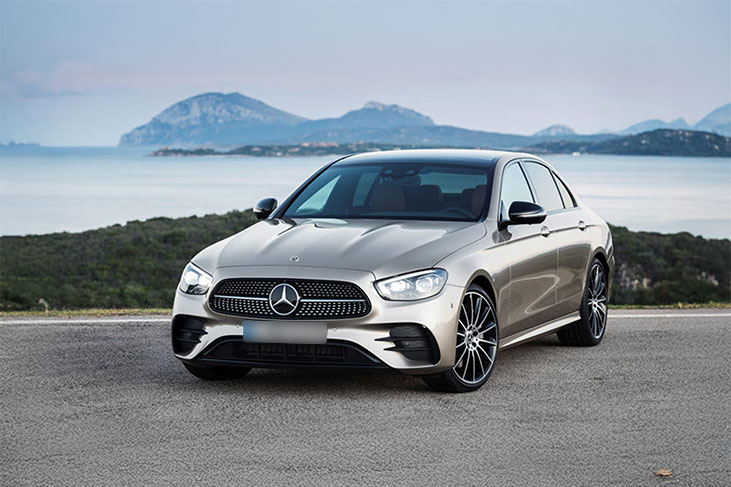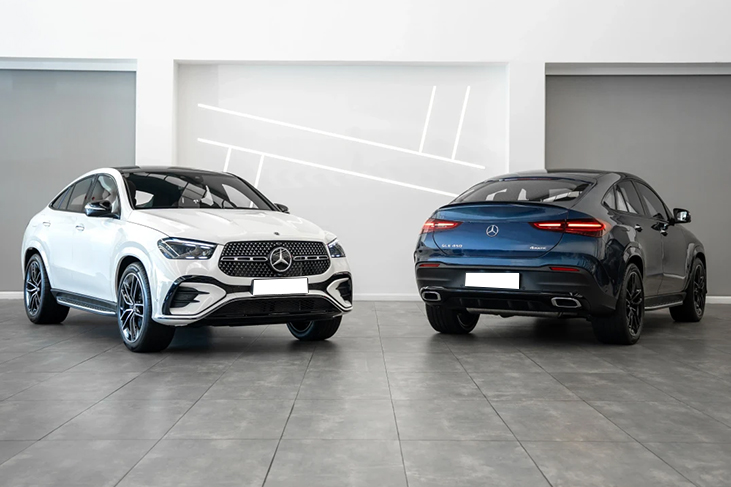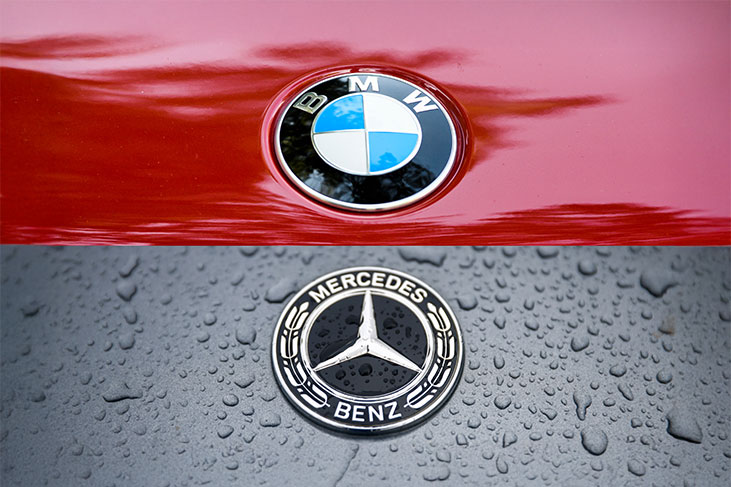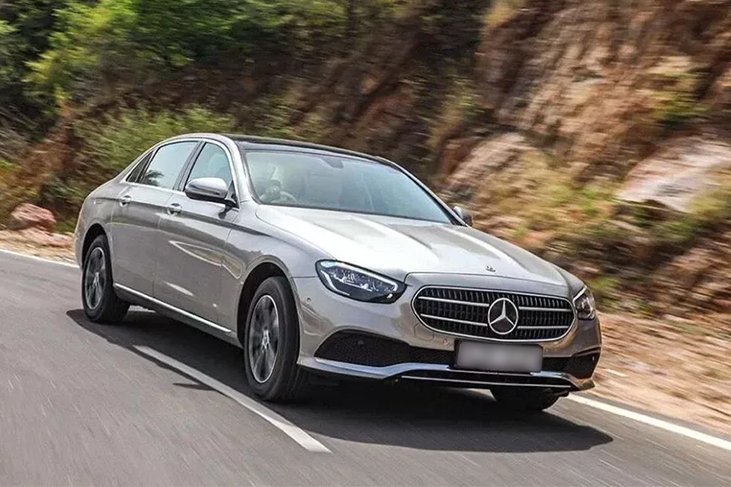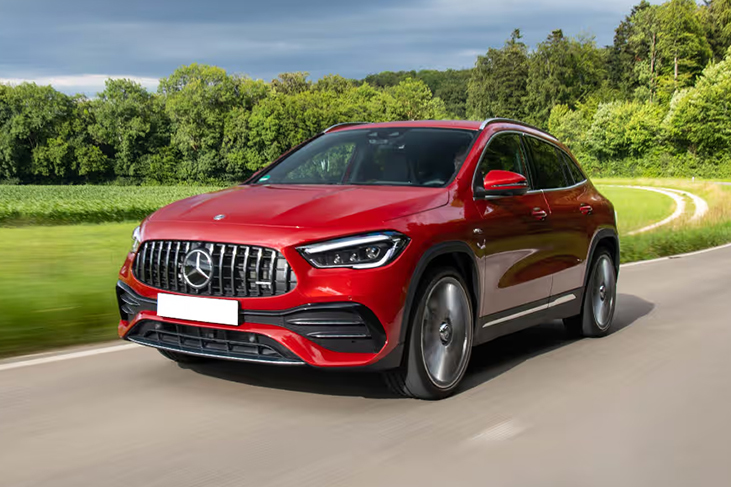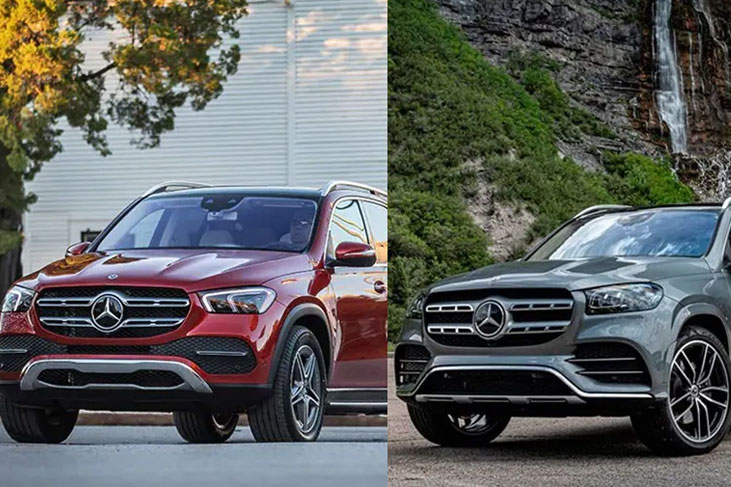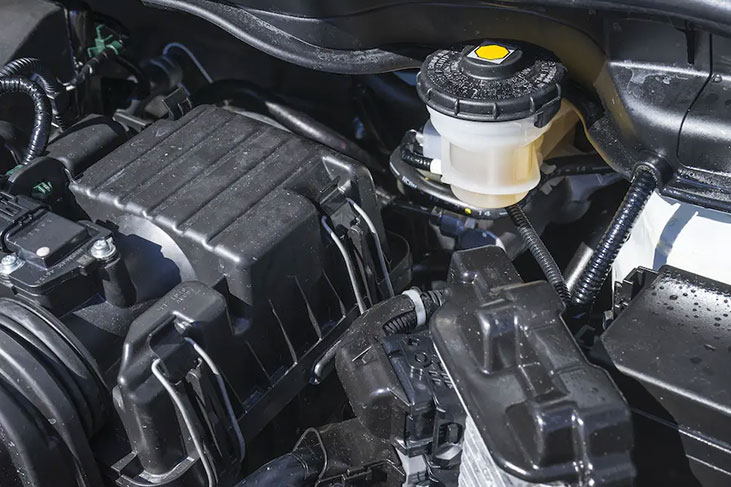If you're planning to buy a used luxury car, it's normal to feel a mix of excitement and confusion. There are so many things to consider. Should you pick a Mercedes-Benz second hand or look at something like a BMW X1 or BMW 5 Series? Is it better to buy a pre owned luxury car instead of a brand-new one? And what about choosing between a sedan and a luxury vehicle SUV like the Land Rover Discovery Sport?
The Indian luxury car market has grown rapidly in the last few years. Prices vary widely, used options are getting better, and buyers now have access to the best second hand luxury cars without the stress of new car depreciation. To help you decide which vehicle to buy next, you need to understand what you are looking for, what documents are important, and what questions you should ask when purchasing a vehicle.
What Documents Do You Need When Buying a Pre-Owned Luxury Car?
Before you go for a test drive or talk about the luxury car price, start with the paperwork. A car may look spotless, but the documents reveal the real story.
Here’s what you must check:
- Registration Certificate (RC)
Make sure it’s original. Cross-check the chassis and engine numbers with the car.
- Insurance Policy
It should be active. Ownership transfer also requires valid insurance.
- PUC Certificate
A legal requirement for all cars in India.
- Road Tax Receipts
Check that the previous owner has cleared all dues.
- Service History
This is the diary of the car’s life. It tells you how well the owner maintained the vehicle.
- Loan NOC
If the car had a loan, the bank must provide an NOC confirming full repayment.
- Forms 29 and 30
These are essential for ownership transfer at your local RTO.
If there is missing paperwork or the seller's information does not match the vehicle records or the seller's paperwork is unclear, then this is a red flag. A dealer that you can trust will be upfront with you about what they are selling.
Why is Service History so Important in a Used Luxury Car?
The odometer gives only part of the information you should consider. The complete picture will be found in the service records of the vehicle.
Luxury vehicles, especially those with electronic and technological options, such as the Mercedes-Benz C200 Avantgarde, or a sophisticated BMW 5 Series, require regular maintenance. Regular servicing of the vehicle's engine, electrical components, and other support systems keep your vehicle running smoothly.
- A good service history should include:
- Dates of each service
- Details of oil changes and part replacements
- Mechanical and electronic repairs
- Any software updates
- Service center records
Dealerships usually keep this information confidential, but they can show it to you on request. If a seller avoids this topic or says the service records are “lost,” it’s better to walk away.
Also Read: Why Purchasing a Used Luxury Car is a Good Investment
How Do You Check Accident History Before Buying a Luxury Car?
A luxury car can look perfect on the outside yet still carry accident damage. Knowing how to check its background protects your investment.
Here’s what you can do:
1. Visual Inspection
Look closely for mismatched paint, uneven panel gaps, overspray, or welding marks on the chassis. These are common signs of repairs.
2. Digital History
Request the vehicle's full service history. This should include any accident or insurance claims, as well as all other work performed at the authorized service center. If a claim appears, ask the service center representative for details on the accident's severity. Note that service centers often must log even minor incidents like fender benders as an "accident" to process insurance claims.
3. OBD Scan
An OBD scanner can reveal hidden issues like airbag deployment codes, engine faults, or past electrical failures.
Even premium vehicles like a Mercedes-Benz second hand S-Class or a Land Rover Discovery Sport can have accident history, so checking is essential.
What Should You Ask the Dealer Before Buying a Pre-Owned Luxury Car?
When you step into a dealership or browse listings online, ask clear questions. Transparent answers help you avoid surprises later.
Ask the dealer:
- What is the complete service history?
- Has the car ever been in an accident?
- Are there any pending repairs?
- Can I take the car for an independent inspection?
- Is any warranty or post-sale support included?
- Are spare parts easily available for this model?
- Is there an option to sell your luxury car back to the dealership in the future?
A trustworthy seller will answer without hesitation.
What are the Best Models to Consider in the Pre-Owned Luxury Market?
India’s pre-owned luxury space has evolved, and some models consistently offer great reliability, comfort, and value.
Here are strong options worth considering:
Mercedes-Benz C200 Avantgarde
Ideal for first-time luxury buyers who want comfort, style, and a refined drive.
BMW X1
A compact SUV that offers practicality, good ground clearance, and a premium feel.
BMW 5 Series
Known for its balance of comfort and performance. Great for long-distance driving.
Land Rover Discovery Sport
A capable SUV with strong road presence and off-road confidence.
These cars bring strong resale value and are considered among the best used luxury vehicles in India.
What Should You Inspect When You See the Car in Person?
Before you sign anything, make sure you check the car thoroughly.
1. Exterior Condition
Scratches are fine. Structural damage is not.
2. Interior
Look for wear on seats, controls, sunroof, AC vents, and electronics.
3. Test Drive
Check steering feel, suspension, braking, and engine sound.
4. Electrical Systems
Luxury cars have many. Test everything from the infotainment system to seat controls.
5. Tyres and Battery
These can be expensive in luxury models. Factor them into the cost.
6. RTO and Legal Checks
Confirm challans, tax dues, number plate format, and registration details.
A well-maintained car always feels smooth in the first 10 minutes of a test drive.
Final Thoughts
Buying a pre-owned luxury car is not simply about getting a good deal; it is about finding a car that will be reliable, comfortable, and rewarding till the end. The Indian pre-owned market is growing, yet there are still some parts that do not yet have any formal regulations. As such, you should choose your dealer before choosing a vehicle.
Whether you are looking to find Mercedes second hand price, comparing luxury car price across brands, or upgrading from your current luxury vehicle, you should remember that the best tool you have for ensuring a smooth transaction is research.
Once you have all the correct paperwork, inspected the vehicle you want thoroughly, and asked direct questions, you will enjoy buying and owning a luxury vehicle without worrying about problems that may arise after the purchase.
Also Read: What Are The Documents Required for Second Hand Car Purchase?
Frequently Asked Questions
Q.1 Is it necessary to get a pre-purchase inspection from a professional?
A. Yes. A professional inspection helps you avoid hidden damage, electrical issues, or mechanical faults.
Q.2 How do I know if a luxury car has been in an accident or flood?
A. Look at the service history, insurance claim reports, and visual signs like rust, mold, or uneven paint.
Q.3 What are the common red flags when inspecting a used luxury car?
A. Missing service records, warning lights on the dashboard, structural repairs, strange engine sounds, or an unusually low price.

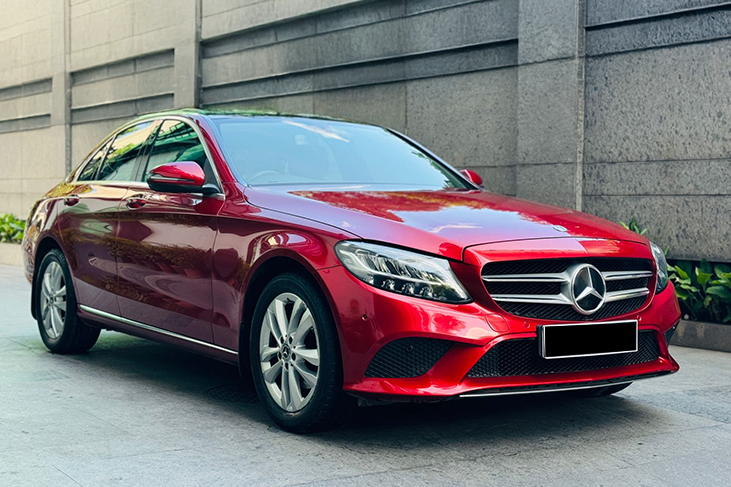

.jpg)

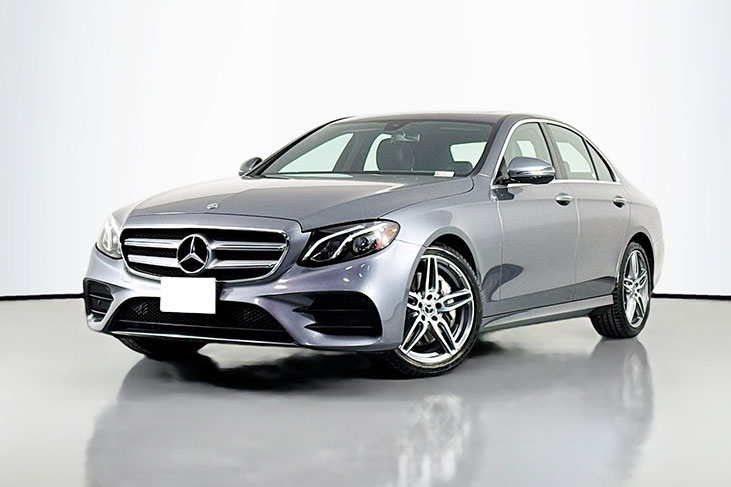
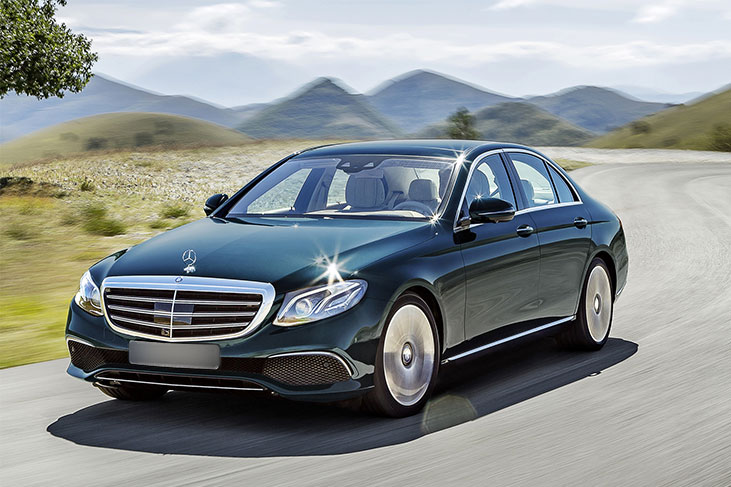
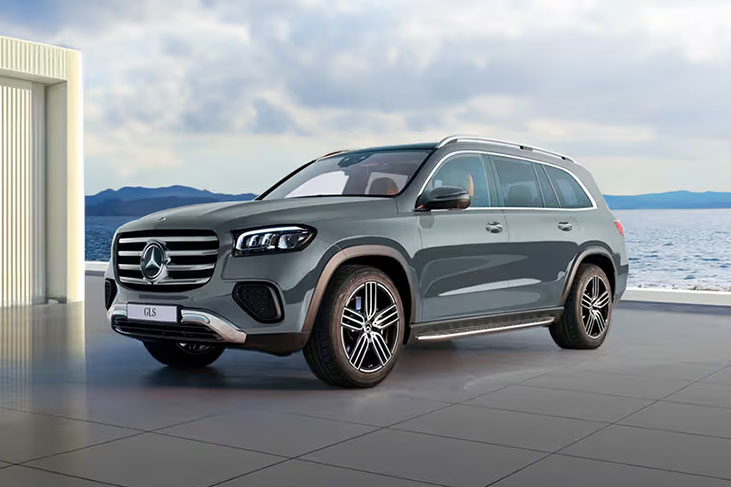
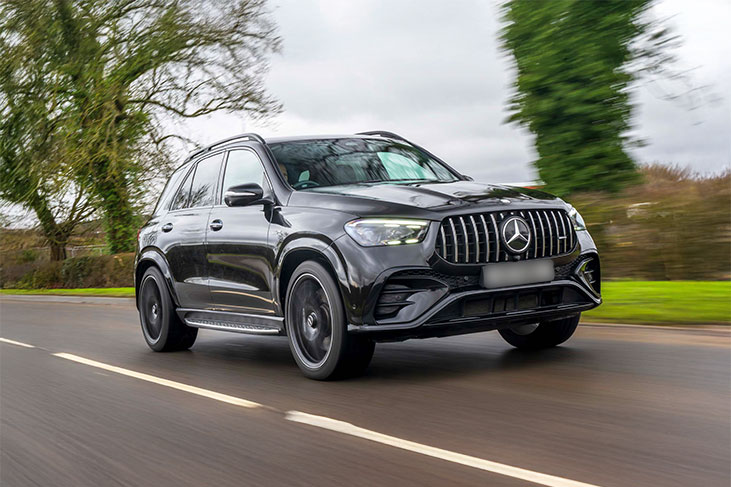
.jpg)
